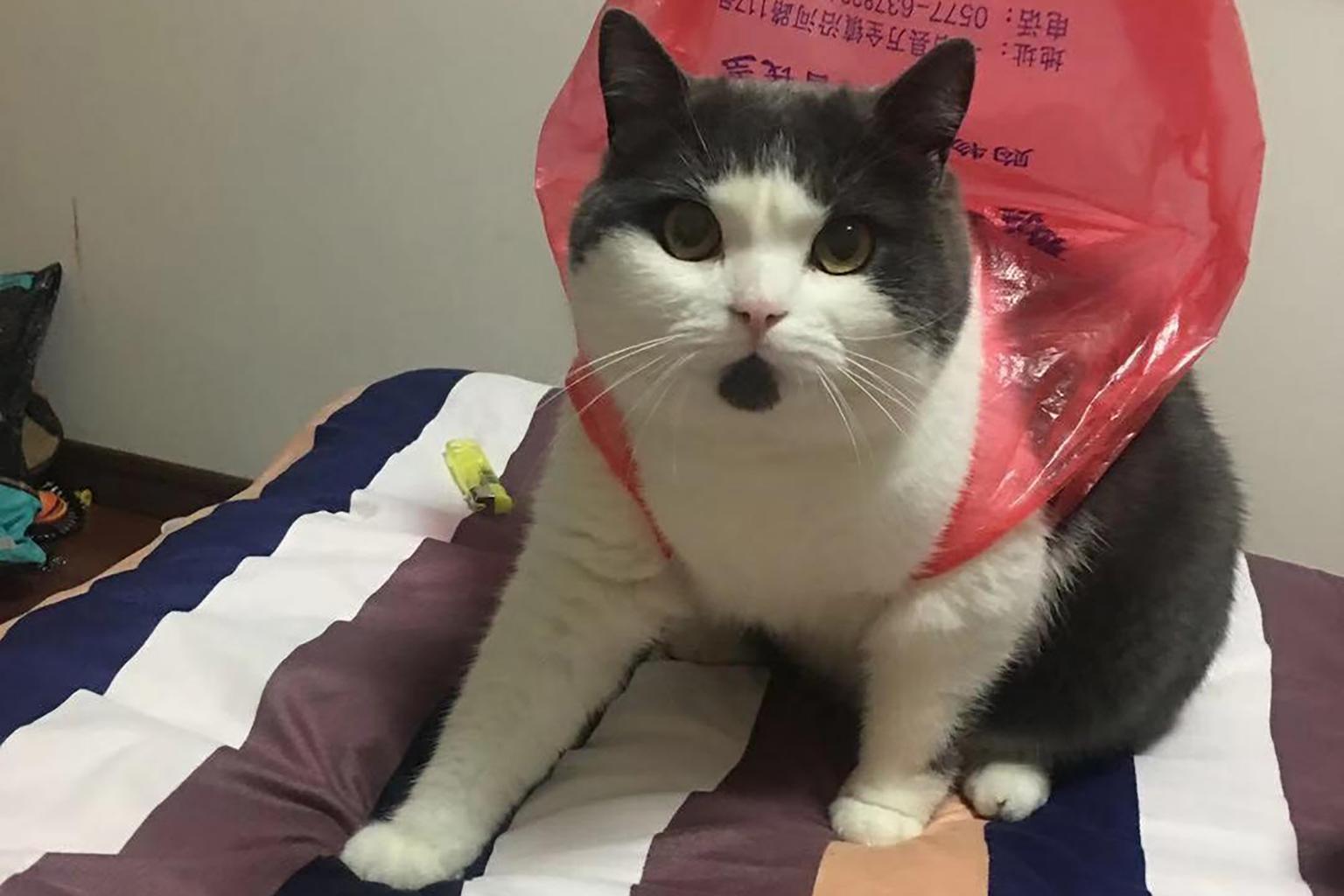Chinese man clones his cat for US$35,000 after pet's death leaves him heartbroken
Sign up now: Get insights on Asia's fast-moving developments

An undated image shows Garlic, Mr Huang Yu's cat. He had the animal cloned by Sinogene, a pet-cloning company in Beijing, after it died.
PHOTO: NYTIMES
BEIJING (NYTIMES) - Garlic was dead, and there was nothing Huang Yu could do. So he buried his cat's body in a park close to his home.
Hours later, still heartbroken, the 22-year-old businessman recalled an article he had read on dog cloning in China.
"In my heart, Garlic is irreplaceable," said Mr Huang, who dug up his British shorthair and put the cat in his refrigerator in preparation for cloning him. "Garlic didn't leave anything for future generations, so I could only choose to clone."
That thought led him to Sinogene, a commercial pet-cloning company based in Beijing. Roughly US$35,000 (S$48,460) and seven months later, Sinogene produced what China's official news media declared to be the country's first cloned cat.
Pet cloning is not confined to China. But Garlic is the first cat cloned by China, solidifying its position among major cloning nations, which include the United States, Britain and South Korea.
Mr Mi Jidong, Sinogene's chief executive, said the company decided to start cloning pets in 2015 after conducting a survey of roughly 1,000 people that showed there was demand. The company has cloned more than 40 dogs at a cost of about US$53,000 each, some as pets and others for medical research.
China's genetics know-how is growing rapidly. Ever since Chinese scientists cloned a female goat in 2000, they have succeeded in producing the world's first primate clones, editing the embryos of monkeys to insert genes associated with autism and mental illness, and creating super-strong dogs by tinkering with their genes. Last year, the country stunned the world after a Chinese scientist announced that he had created the world's first genetically edited babies.
Pet cloning is largely unregulated and controversial where it is done, but in China the barriers are especially low. Many Chinese people do not think that using animals for medical research or cosmetics testing is cruel, or that pet cloning is potentially problematic. There are also no laws against animal cruelty.
Critics contend that pet cloning is inefficient and inhumane. It is not clear what will happen to the resulting animals, or the impact when they mix with the broader gene pool. The money could be better spent on caring for existing animals, the critics say.


